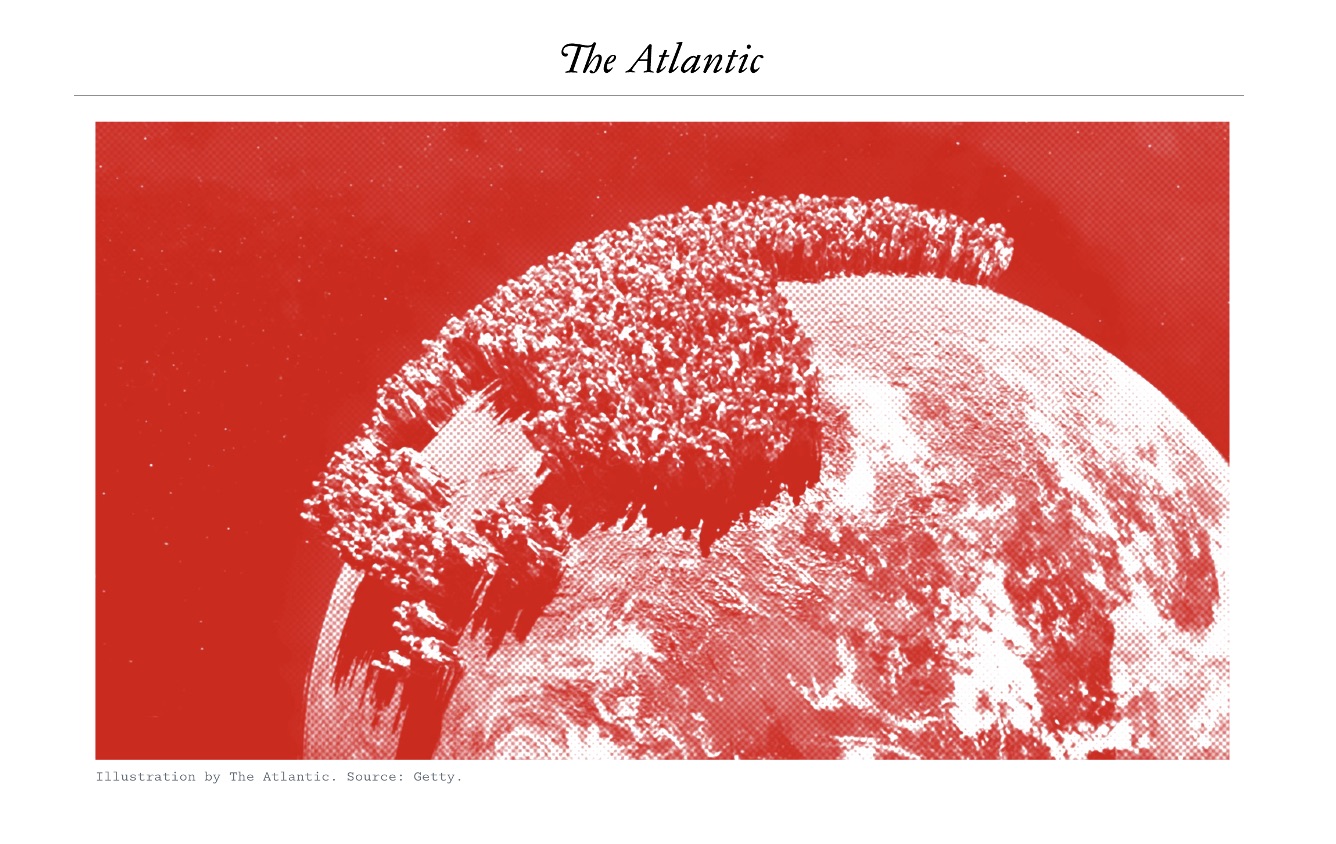
By Naomi Oreskes and Michael E. Mann
In their recent piece in The Atlantic ("The Malthusians are Back"), Alex Trembath and Vijaya Ramanchandran of The Breakthrough Institute deeply misrepresent the views of current-day climate scientists--including the two of us by name--in a character attack that labels us as "neo-Malthusians".
In the late 18th century, Thomas Malthus was part of a large and consequential debate about a changing system of political economy. Britain’s emerging capitalist system was driving manufacturing and other innovations that generated substantive wealth, but also left a significant portion of the population desperately poor. Adam Smith had already noticed this in The Wealth of Nations. Factory owners he noted, were “always and everywhere in a sort of tacit, but constant and uniform, combination, not to raise the wages of labour,” and sometimes even entered into “particular combinations to sink the wages of labour.” In theory, workers should reject starvation wages, but in practice they often had no alternative. Wages were sometimes so low that workers’ children did starve; the situation was so bad—and so common—that laborers routinely tried to rear “at least four” children in order that two would survive.
In response, a system had developed known as the “poor laws”—an early form of what we call welfare. But Malthus opposed the system of poor laws because he thought it removed the logical consequences of having children and thus contributed to unsustainable population growth. Put baldly, in effect, he believed that the poor should be left to starve.
Malthus is infamous because of the cruelty of his attitude, but his views are the opposite of what nearly every scientist we know believes. Climate scientists care about the climate crisis because of the threat it represents to human well-being (as well as our co-existence with other species). The good news is that we do not need coercive practices to address one of the key drivers of environmental damage, which is the pressure of population. Abundant evidence shows that when women are educated, they tend to have fewer children, in part because they have more choices. Advocating the empowerment of women as a win-win remedy to the Anthropocene crisis bears no meaningful relation to Malthus’s ancient and mean-spirited analysis.
Trembath and Ramanchandran suggest that we should place our faith in growth. But growth as we have known it—both population growth and the economic growth that accompanies and sustain it—have left us with the set of cascading crises that define the Anthropocene. The solution is not to have faith in the practices and habits that have led us to crisis, but to change them. Empowering women is one of the best means we have to do that, and has nothing to do with Thomas Malthus.
Naomi Oreskes
Henry Charles Lea Professor of the History of Science
Affiliated Professor of Earth and Planetary Sciences
Harvard University
Michael E. Mann
Presidential Distinguished Professor of Earth and Environmental Science
Director of the Center for Science, Sustainability & the Media
University of Pennsylvania
_____________
Follow Michael E. Mann on Twitter or Facebook to be notified of new blog posts, or subscribe by RSS.

This work is licensed under a Creative Commons Attribution 4.0 International License.


